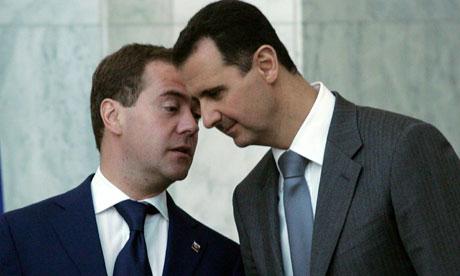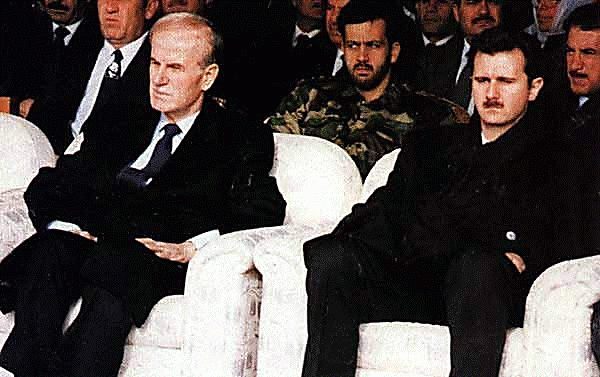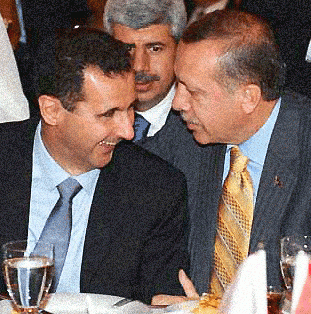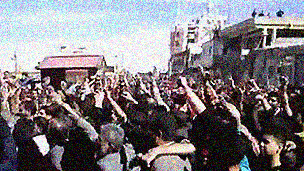
Assad and His Droogs
How far should the state go to improve the world?

How far should the state go to improve the world?

Military intervention in Syria is a high-risk enterprise. Here’s a set of principles by which the intervening forces must abide.
The Assad administration seeks to double-down on Kofi Annan’s peace proposal by demanding the opposition turn in its weapons.
Syrians will pay a higher human toll if the rush for U.S. entanglement does not subside.

At the moment a ceasefire seems to be holding.
Depriving it of funding is a key lever against the Assad regime.

Giving military aid to either side of the Syrian conflict will make civil war more likely and prevent the citizens of Syria from achieving any semblance of justice and freedom.
When we focus our analysis on personalities like Assad in Syria or Kim Jong Un in North Korea, we succumb to our own personality cult.

Syrian President Bashar al-Assad’s regime must step down immediately–without Western military intervention.

The assumption of power by Syrian President Assad’s father, Hafez, came at ironic cost to his own people, the Alawites.

As a result of Syrian President Assad’s brutality, his country’s relationship with Turkey lays in ruins.

Because of decades of isolating Syria, the United States can now only watch the events unfold without having any influence on the ground.

The protests in Syria are encouraging, but Bashar al-Assad will pull out all the stops before he leaves voluntarily.
Regime change in Syria could open the door to Islamist rule.

Though not as iron-fisted as his father, Syrian President Assad is still lethal.